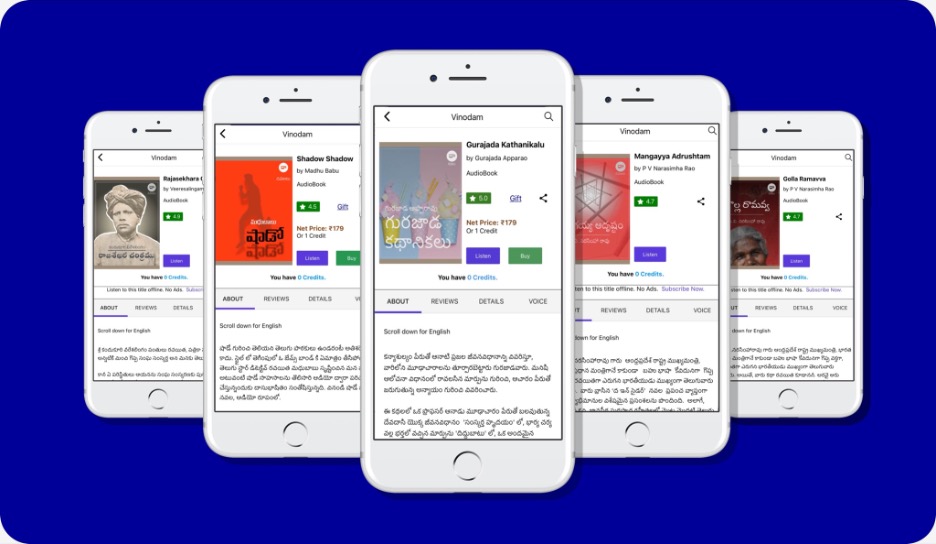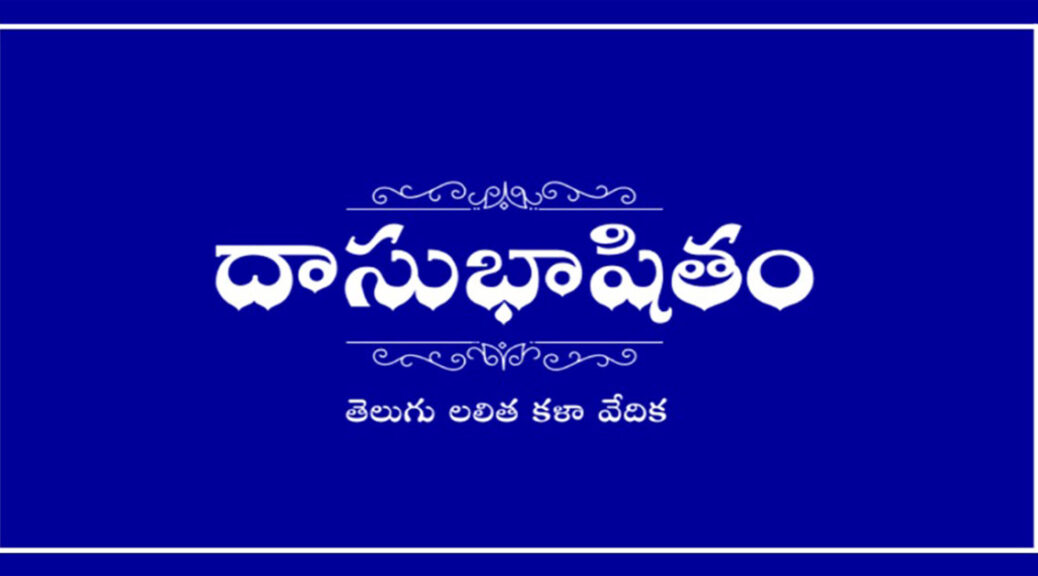Read, hot & digitized: Librarians and the digital scholarship they love — In this series, librarians from UTL’s Arts, Humanities and Global Studies Engagement Team briefly present, explore and critique existing examples of digital scholarship. Our hope is that these monthly reviews will inspire critical reflection of and future creative contributions to the growing fields of digital scholarship.
This post was written by Jyotsna Vempati, the Global Studies Digital Projects GRA at Perry-Castañeda Library and a current graduate student at the School of Information.
A Telugu (pronounced ˈteləˌɡo͞o) literature classic – Bāriṣṭaru Pārvatīśaṃ, is a novel that I brought along with me despite the strict luggage weight limits of international flights so that I have a piece of my childhood and home with me in a new country. But if I am honest, this was my way of ensuring that I don’t forget how to read and write in my mother tongue. Although the biggest of the Dravidian language family with over 80 million speakers and 4th most spoken language in India, the future of Telugu is in danger from the proliferation of English and other less-regional languages in Telugu speaking regions.
Many believe it is time to take deliberate action to preserve a language that has a rich history and culture, and many compelling literary works that date back to 575 CE. While there is still a sizable reader base for Telugu literature, there is a rising need to make these texts more accessible and visible in today’s digital era. And in comes the first of its kind Telugu audiobook application – Dasubhashitam.

Founded by Konduru Tulasidas and his son Kiran Kumar, this ‘uncommon app’ draws its essence from multiple disciplines that include Literature, Behavioural Science, and Non-Dualism. It promotes personal, professional, and spiritual wellbeing through original content in a style that is simple and straightforward. The app contains free content as well as paid literature works, which can be accessed through subscription plans.I think this app fills the gap by providing an opportunity for those who speak Telugu but face difficulty in reading the script to reconnect with their roots, thus reviving the language from its slumber.
The Dasubhashitam app is paving the way to immortalize the works of both renowned and new authors by creating an ecosystem where people connect Telugu texts to audio content. It contains literary works in various digital formats such as audiobooks, ebooks, podcasts, interviews, and albums within categories like short stories, novels, poetry, wellbeing, and educational content. The audiobooks need a mention of their own due to the deep cultural context within which they’re recorded and presented. Not only is a book read out loud, but some audiobooks of play scripts also have accompanying musical notes that add a touch of the popular Telugu cinema experience, transporting one back to the age of black-and-white films. Another noteworthy aspect of this app is that it offers the opportunity for individuals to suggest a book to digitize, or submit their audiobooks to the app for hosting (after a strict copyright and quality check, of course).
As a student of User Experience Design here at UT, I cannot help but comment on opportunities for improvement when it comes to the user experience and usability aspect of the mobile application. I find that the app’s heuristics are yet to be optimized to make the content more accessible to their user base. Especially, ramping up the in-app search and filter options, standardizing the transliteration of the literary title to the English alphabet (romanization), having uniform navigation gestures across and refining the information architecture would surely minimize user pain points and add value to the overall experience.
This spectacular enterprise is carving out a presence for itself rapidly and, all-in-all, the kind of content and initiatives undertaken by the creators clearly reflects their intentions, namely, to promote the wellbeing of their users. I look forward to witnessing the great potential of this piece of technology, especially as some of the notable names in the world of Telugu literature are available on the Dasubhashitam app.

I’m also delighted to discover that UT Libraries hold a great collection of Telugu literature. One might be encouraged to read one of UT’s print versions of these titles alongside the audio book on Dasubhashitam! See for example the Telugu writings by:
P. V. Narasimha Rao, the former Prime Minister of India
Madhubabu,renowned Telugu detective novel writer
Gurajada Venkata Apparao, popular Indian playwright
Kandukuri Veeresalingam (Vīrēśaliṅgaṃ)’, prominent social reformer and writer from the Madras Presidency, India.

